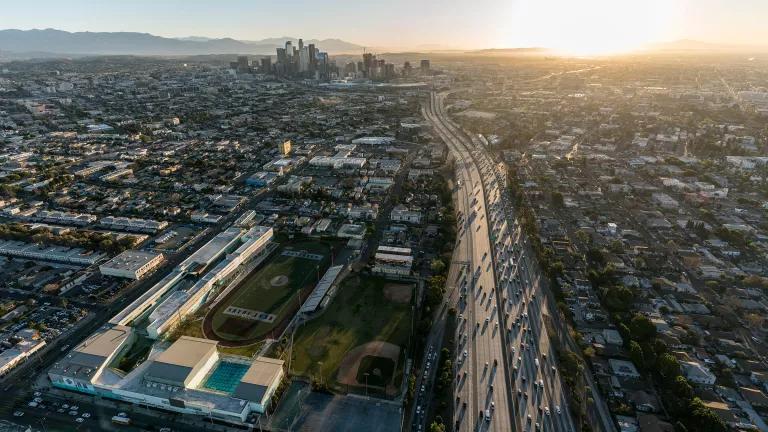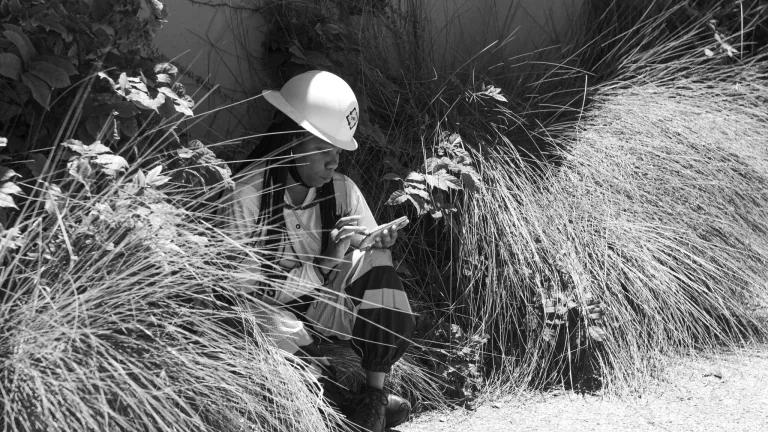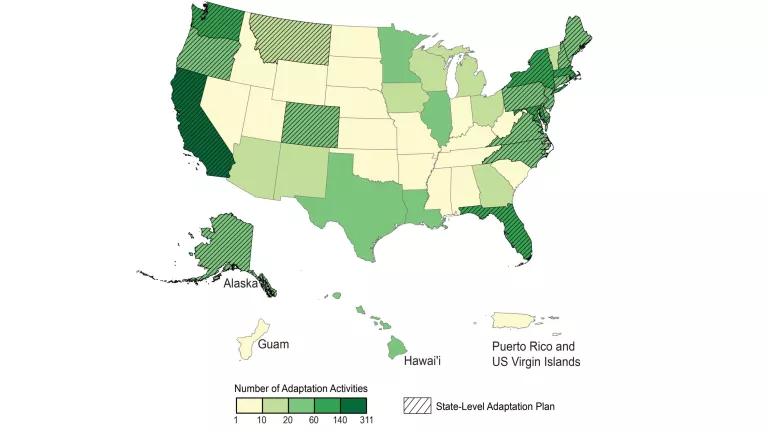India’s Air Pollution Challenge: Workshop on City Leadership

Co-authored by Sayantan Sarkar, NRDC India Team
As winter in India continues, air pollution remains at unhealthy levels in many parts of the country. To address the country’s continuing air pollution challenges, the national government, states, and cities are taking the lead in better monitoring the problem and developing integrated policy solutions to address pollution at its many sources.
At the national level the Ministry of Environment, Forests, and Climate Change (MoEFCC), through its National Air Quality Index (AQI), and the Ministry of Earth Sciences, through its System of Air Quality and Weather Forecasting and Research (SAFAR) program, are helping enhance air pollution monitoring coverage across multiple cities. Moreover, through the MoEFCC’s draft National Clean Air Plan, the Central Pollution Control Board has prioritized a set of action points to all non-attainment cities exceeding India’s air quality standards for improving their air quality. These cities have also been asked to prepare detailed action plans for improving their air quality.
These local actions will be the focus of a workshop in Ahmedabad next week on The Role of Cities in Addressing Air Pollution to Protect Public Health. This workshop, organized by the Indian Institute of Public Health-Gandhinagar and Natural Resources Defense Council in partnership with Ahmedabad Municipal Corporation and the Indian Institute of Tropical Meteorology, will be held on December 5-6 in Ahmedabad.
Key Areas for Knowledge Exchange
This workshop aims to facilitate robust information sharing on three priority air pollution objectives. First, the workshop will help to catalyze knowledge exchange amongst Indian cities on local programs to improve air quality to protect public health. Second, discussions will allow participants to identify concrete opportunities for cities to take actions to improve air quality, including monitoring and AQI systems, community outreach and risk communication, policy approaches, and applied scientific research, among others. Third, the workshop sessions will support identification of ways to foster cooperation among cities, states, and central government agencies in implementing city-level air pollution action plans.
Participation from City Leaders and Other Experts
Because air pollution is a complex topic that spans geographic boundaries and many sectors of society, we invite broad stakeholder participation in this workshop. From host city Ahmedabad, Mayor Bijalben Patel will highlight the local work of the city’s groundbreaking, health-focused Air Information and Response (AIR) Plan, designed to protect and increase awareness among residents on air pollution. Ahmedabad is among the first cities in India where city leaders, the state government, and civil society are proactively working together to address the country’s air pollution challenge with a focus on public health through innovative efforts like a school flag program and locally-led expert working group on air quality.
Other leaders from Mumbai, Pune, Rajkot, Surat, Nagpur, and West Bengal will offer concrete examples of local policies designed to achieve cleaner air. Representatives from the state-level Gujarat Pollution Control Board and national Central Pollution Control Board will speak to Gujarat’s actions to reduce air pollution and provide perspective on implementation of the National Clean Air Plan.
Medical experts, including local practitioners, leaders from the Public Health Foundation of India, and a representative of the World Health Organization, will highlight the role of the public health community in combatting the serious health harms posed by air pollution and emphasizing pollution reduction as a public health priority. International perspectives will also be represented at the workshop by speakers from The World Bank and NRDC China Program, among others.
Session Details
Over two days, workshop sessions will focus on specific topics within these overall aims. Specific sessions will facilitate discussions on the significant health impacts caused by air pollution and the role of medical practitioners in elevating air pollution exposures as a public health issue, highlight examples of Indian and international cities taking innovative actions to reduce air pollution, and detail approaches to air pollution mitigation in specific sectors such as transportation, energy production, landfill management, and improved land use planning. The workshop will also engage participants in exercises to envision action plans on short, medium, and long-term time horizons to achieve sustainable reductions in ambient air pollution.
To RSVP for the workshop, please contact Sayantan Sarkar (ssarkar@nrdc.org). Space is limited.




